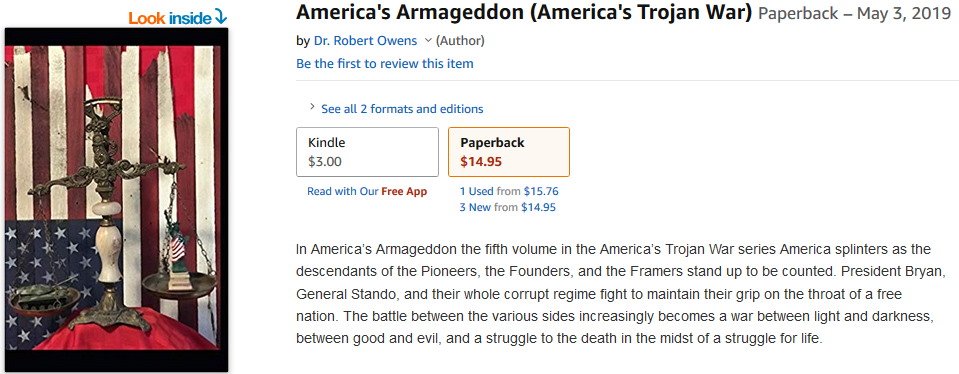Family, private property and The State
- Written by Edward J. O’Boyle

USA 28 January 2015. Three institutions are necessary to an ordered society: the family, private property, and the state. The family is indispensable because by preparing the next generation it lays the foundation for the future of society. Private property is indispensable because it guarantees the yield produced by its owner. The state is indispensable but only when it is democratically constituted because only that system of governance allows the people to participate in public decision-making.
Society is threatened in America today by changes taking place in all three institutions that sometimes are applauded as enlightened and progressive.
The latest Census Bureau information indicates that 73 percent of all American families are married-couple families. In 1959 it was 87 percent.
There are 62.6 million family households in which the head of the household is between 25 to 64 years of age. Of that number, 19.6 million have no children. Another 13.6 million family households have only one child under age 18. Thus, more than half of all young to pre-retirement age American family households have only one child or are childless.
Some of the younger families are still in their child-bearing years and may have additional children. But the latest figures on the fertility rate are not encouraging. Fertility has dropped to 1.86 births per woman, a rate that is well below the replacement rate of 2.1 that in the absence of immigration is necessary to keep the U.S. population from declining.
One significant indicator of the changing nature of the family and therefore of society in general is that there has been more than 80 percent increase in the birth rate of unmarried women since 1980 which is troubling because children born to unmarried parents are more likely to live in poverty and have poor developmental outcomes. Another is that 1 in 68 children are afflicted with autism – a complex neurodevelopment disorder that includes problems with social interaction.
Private property has a social dimension requiring the property owner to use it in a socially responsible way that often requires state intervention and enforcement. The powers at the disposal of the state include the power to tax, the power to regulate, and the power to seize. Notice the Obama administration’s proposal to increase the estate tax and its imposition of new regulations on the “coal ash” residue from burning coal to generate electricity. The power to seize through government condemnation by eminent domain involves not only real property but personal property such as contract rights, patents, trade secrets, and copyrights.
Every year the Americans for Tax Reform’s Property Rights Alliances prepares an international property rights index that scores and ranks countries on the basis of three factors: legal and political environment, physical property rights, and intellectual property rights. The United States in 2014 ranked 17 of the 92 countries covered by the index. Canada, holding the ninth position, was ranked above the United States.
Two threats to a democratically constituted system of governance are of special interest. The first is the flood of immigrants entering the United States, many of them undocumented, from countries with no experience with democracy and the rule of law. Oftentimes they are fleeing from countries that for decades have been failed states or characterized by strong-man rule. If they are rushed through to U.S. citizenship they can become easy prey for demagogic politicians.
The second threat, one that the founding fathers understood and feared, is from a federal government that rules not by the judgment of the people as determined in the election process but by its own judgment as to what the people need and want. The use by the president of executive orders is just one way that the judgment of a political elite can crush even the will of Congress. Another is the politically-charged and abusive operations of various federal agencies as revealed most recently in the Internal Revenue Service, Veterans Administration, General Services Administration, and State Department.
A democratically constituted system of governance is necessary if citizens are to effectively participate in public decision-making. Limits on the size and power of the federal government are necessary to achieve such a system of governance. Without those limits – principally on the size of the federal budget, the scope of its regulatory control, the power of the president to initiate action on his own -- democracy becomes a sham. Those limits can be imposed only if states, counties, and municipalities, constrained by the requirement to balance their budgets, are willing to govern without looking to the federal government at every turn for the resources to address the needs and wants of their citizens as expressed through their direct participation in the public decision-making process.
A public debt in excess of $18 trillion is the price we pay for letting the federal government decide the important public issues of the day. That debt will get even larger as long as we are unwilling to actively govern ourselves.
The numbers of undocumented immigrant children with little or no experience in a democracy and the rule of law and the growing numbers of children with autism and other developmental problems, along with an erosion of private property rights and a federal executive with few limits, point to a weakening of the foundation of the American system of governance that allows the people to participate in public decision-making.
Edward J. O’Boyle is Senior Research Associate with Mayo Research Institute
edoboyle737@gmail.com



